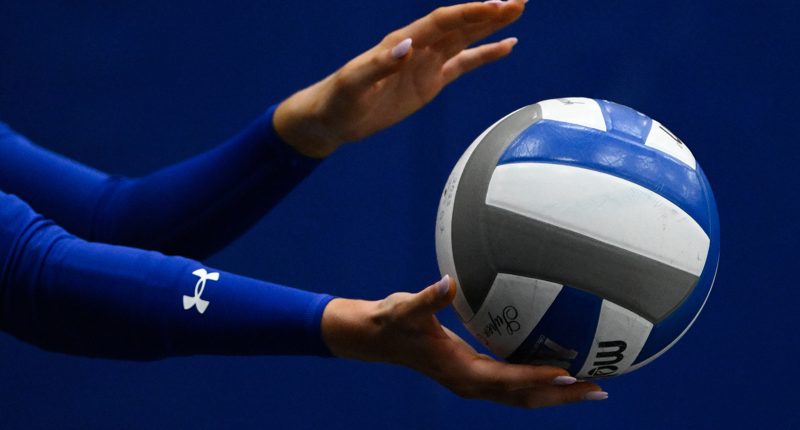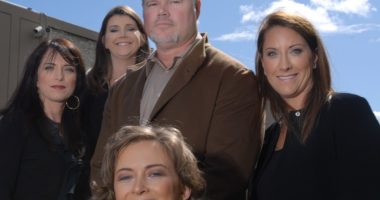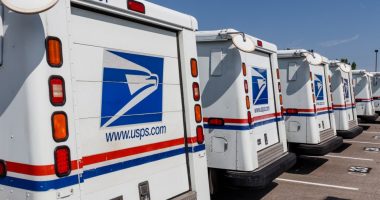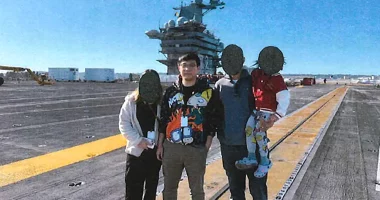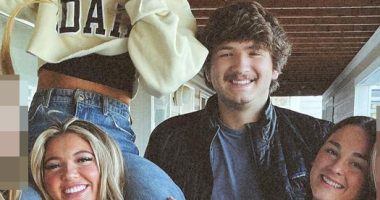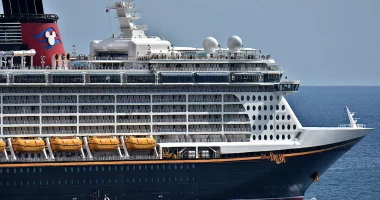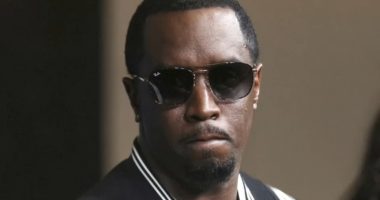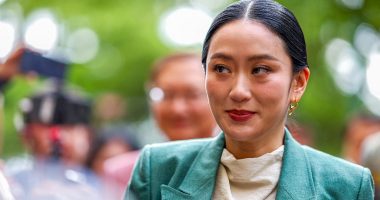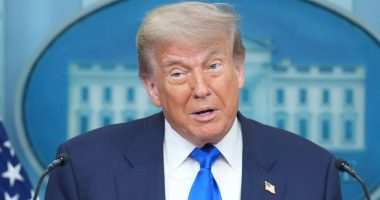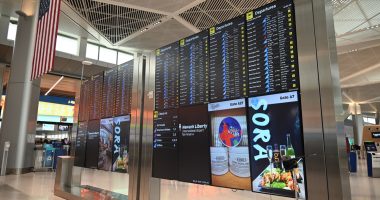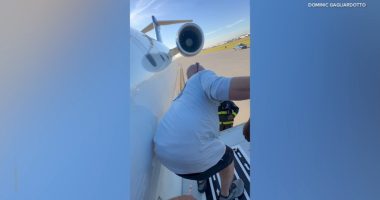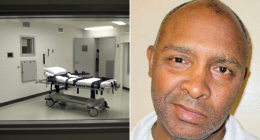Share this @internewscast.com
As of Tuesday, schools are now permitted to begin compensating their athletes directly, signifying the start of a new chapter in college sports initiated by a multibillion-dollar legal agreement.
Judge Claudia Wilken approved the deal between the NCAA, its most powerful conferences and lawyers representing all Division I athletes last month.
What will the NCAA settlement do?
The House v. NCAA settlement resolves three separate federal antitrust lawsuits, all of which alleged that the NCAA was unlawfully restricting college athletes’ earning potential.
Wilken’s long-awaited decision happened less than a month before schools are set to start cutting checks to athletes on July 1.
Arguments for the settlement’s approval were presented by both parties at a hearing held in early April. Although college sports leaders have been cautiously preparing for a significant change in their business operations, the limited timeframe means schools and conferences will need to quickly set up the necessary infrastructure to implement their new regulations.
How much will the NCAA pay?
The NCAA will pay nearly $2.8 billion in back damages over the next 10 years to athletes who competed in college at any time from 2016 through present day.
Moving forward, each school can pay its athletes up to a certain limit.
The annual cap is expected to start at roughly $20.5 million per school in 2025-26 and increase every year during the decade-long deal. These new payments are in addition to scholarships and other benefits the athletes already receive.
Last month’s order is a major milestone in the long push to remove outdated amateurism rules from major college sports.
Since 2021, college athletes have been allowed to make money from third parties via name, image and likeness deals.
Boosters quickly organized groups called collectives that used NIL money as de facto salaries for their teams, in some cases paying millions of dollars mostly to top-rated basketball and football players. Now, that money will come straight from the athletic departments.
“It’s historic,” former college basketball star Sedona Prince, one of the co-lead plaintiffs in one of the lawsuits, told ESPN last month. “It seemed like this crazy, outlandish idea at the time of what college athletics could and should be like. It was a difficult process at times … but it’s going to change millions of lives for the better.”
In June 2021, the U.S. Supreme Court unanimously ruled against the NCAA in a case that made it clear that college athletics should be treated less like an education-based endeavor and more like a lucrative entertainment industry. The decision unleashed a flood of fresh legal challenges to NCAA rules that have led to unprecedented turmoil.
The settlement approved last month will not put an end to the barrage of legal challenges.
Questions about whether athletes should be considered employees and the current rules that dictate how long an athlete can play college sports remain unanswered.
However, NCAA president Charlie Baker and others believe the deal will help schools regain control and tamp down the skyrocketing, largely unregulated market for paying college players through third parties.
The NCAA and its schools are hoping that federal lawmakers will now intercede to help solve the industry’s remaining legal problems.
Industry leaders have asked Congress to write a law that would prevent athletes from becoming employees and provide the NCAA with an antitrust exemption to create some caps on player pay and transfers.
Salary caps and free agency restrictions in professional sports are legal because they are negotiated as part of a collective bargaining agreement with a union. College sports leaders say many schools won’t be able to afford to fund their teams if players are deemed to be employees and allowed to unionize.
The settlement gives the schools power to create new rules designed to limit the influence of boosters and collectives. Starting this summer, any endorsement deal between a booster and an athlete will be vetted to ensure it is for a “valid business purpose” rather than a recruiting incentive.
ESPN’s Dan Murphy contributed to this report.
Copyright © 2025 KABC Television, LLC. All rights reserved.
